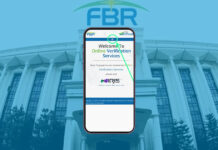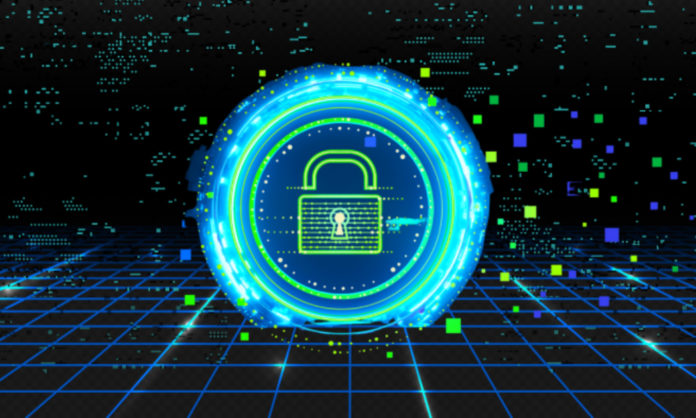As we continue to spend most of our time online, we are sharing more of our data with the internet which is visible to everyone online. If this shared information falls into the wrong hands, irrespective of the type of information, a lot of things, including your identity, can be at risk. It is extremely important to protect this sensitive information from all types of cyber-attacks. Hence, cyber security is a crucial topic that needs to be considered if you are on social media.
We have listed the best cyber security practices to follow for users and workplaces.
1. Practice Password Management
Protecting your data starts with protective passwords. Reusing old passwords can easily lead to your data getting leaked. A password manager can help you to maintain strong unique passwords for all of your accounts. These programs can generate strong passwords for you, enter credentials automatically, and remind you to update your passwords periodically.

2. Be Careful Before Clicking On Attachments
Avoid visiting unknown websites or downloading software from untrusted sources. These sites often host malware that will automatically install (often silently) and compromise your computer. If attachments or links in the email are unexpected or suspicious for any reason, don’t click on them.
3. Activate Two Factor Authentication
Two-factor authentication is a service that adds additional layers of security to the standard password method of online identification. Without two-factor authentication, you would normally enter a username and password. But, with two-factor, you would be prompted to enter one additional authentication method such as a Personal Identification Code, another password, or even a fingerprint.
Read More: Edit & Unsend iMessages – Here’s What You Need To Know
4. Maintain Software Updates
Software companies typically provide software updates for 3 reasons: to add new features, fix known bugs, and upgrade security. Always update to the latest version of your software to protect yourself from new or existing security vulnerabilities.

5. Avoid Certain Online Transactions
One of the most useful Cyber Security measures that you can take is regarding online transactions and payments. When you purchase services or products online, try to avoid paying through debit cards or any other payment method that is connected to your bank account directly. Rather, you can make use of applications like digital cards or credit cards, which will provide more protection to your bank accounts.
6. Update Hardware Timely
Outdated computer hardware may not support the most recent software security upgrades. Additionally, old hardware makes it slower to respond to cyber-attacks if they happen. Make sure to use computer hardware that’s more up-to-date.

7. Keep Antivirus Updated
As long as you’re connected to the web, it’s impossible to have complete and total protection from malware. However, you can significantly reduce your vulnerability by ensuring you have an anti-virus and at least one anti-malware installed on your computers.
Read More: iPhone 14 vs iPhone 13 Series – Battery Comparison
Stay tuned to Brandsynario for the latest news and updates.







































